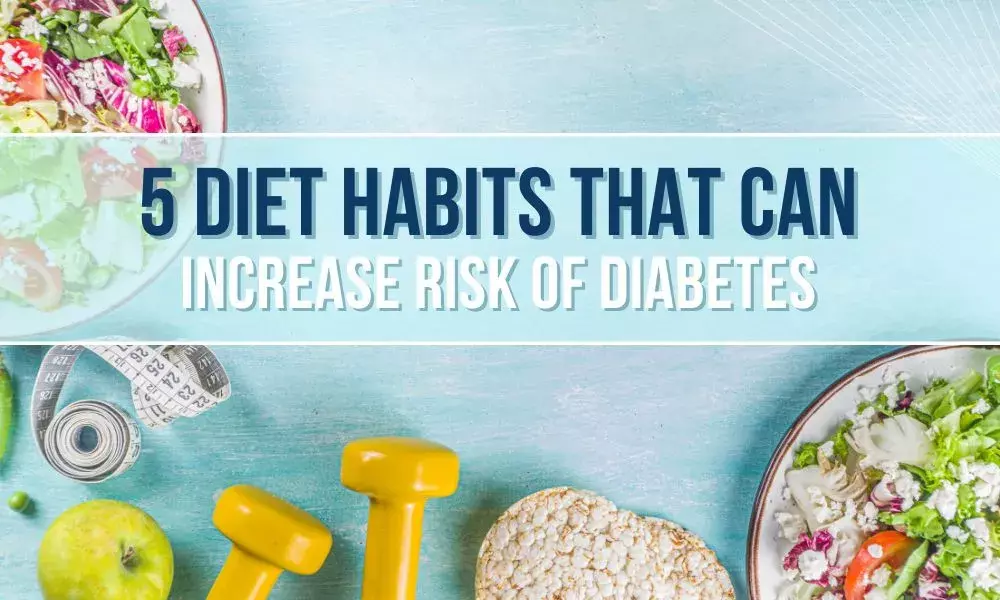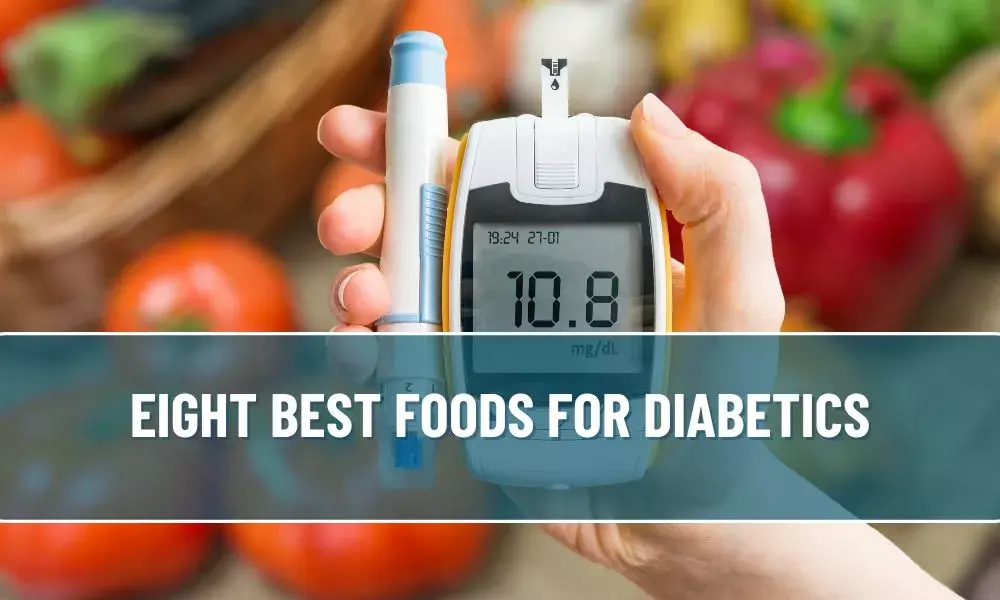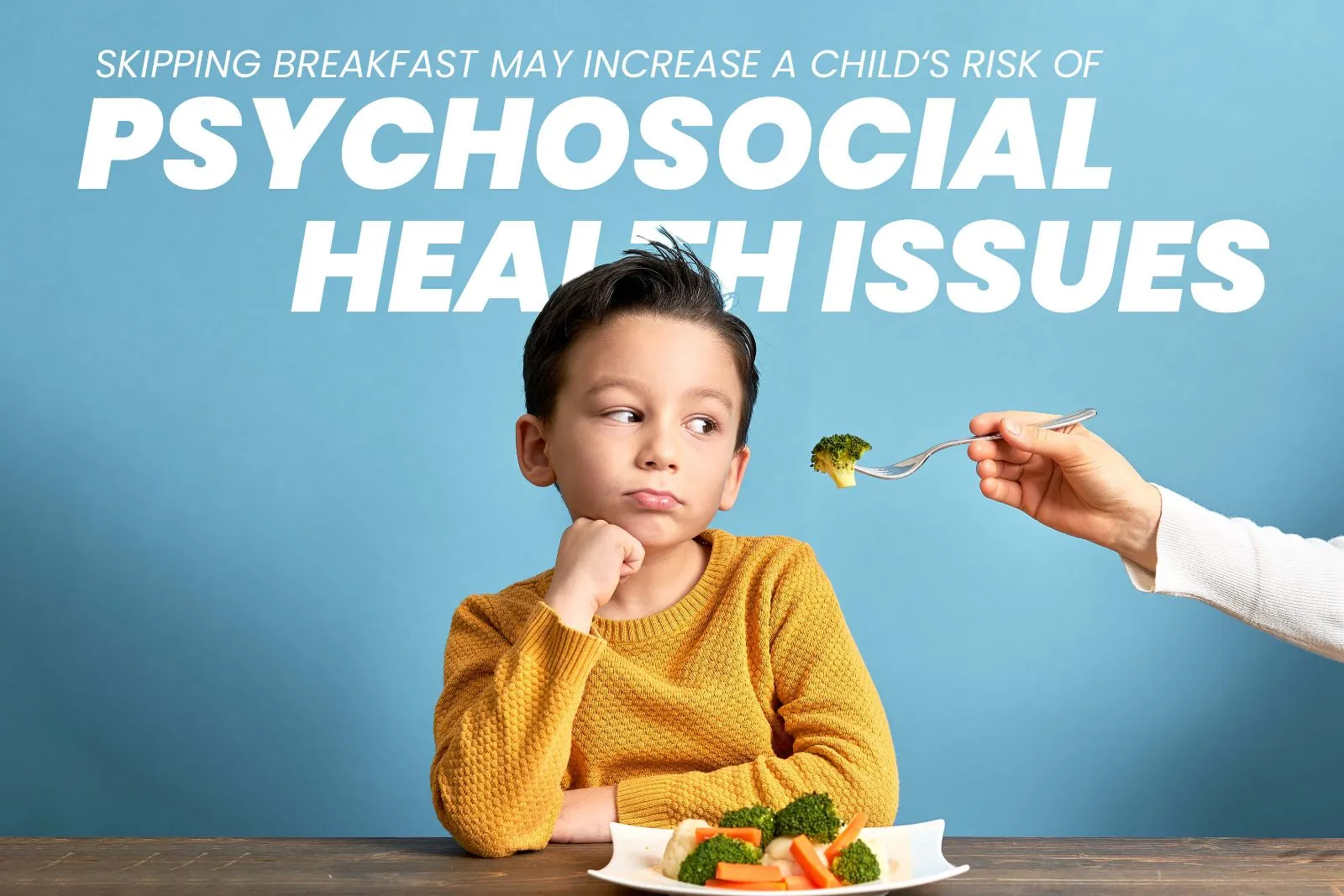Diabetes develops gradually due to poor lifestyle and dietary habits. Certain diet habits can elevate your risk of developing Diabetes if not stopped immediately.
Diabetes is increasingly becoming a global health concern. India, too, is experiencing a steep increase in diabetes cases, especially in youth, compared to the rest of the population.
Type 2 diabetes is a condition that is associated with insulin resistance. It occurs when the body cannot use insulin properly. Several things can cause insulin-producing cells to become exhausted and fail. Major factors include: being inactive, obesity, smoking, consuming too much alcohol, and regularly eating high-glycaemic foods that spike blood sugar.
Harmful Effects of Diabetes on Health
Generally people who suffer from Diabetes have insulin resistance at the onset of Diabetes. When there is insufficient insulin or insulin resistance, glucose (sugar) cannot get into your cells, and they cannot produce energy to perform various activities. The sugar levels build up in your bloodstream, damage many areas of the body and the excess sugar gets stored as fat leading to obesity.
You can reduce the risk of Diabetes by controlling the stress factors, having an active lifestyle, consuming a balanced diet, and avoiding junk and processed food. Taking appropriate dietary measures is as crucial, as is making lifestyle changes to reduce the risk of developing Diabetes.
Here are five diet habits you must avoid to reduce your risk of Diabetes.
-
Eating more starch-rich vegetables:
A diet that is loaded with starch-rich vegetables like potatoes and corn spikes blood sugar and leads to weight gain. Combining them with another source of carbohydrates can still be worse, like having white rice with mashed potatoes. If you are trying to control your blood sugar, you need to regulate the amount of carbohydrates in your diet and have such sources in moderation.
You must ensure that you are consuming a balanced diet. Your meal must have 50% of non-starchy produce like leafy vegetables, then the rest 50% must be divided equally between proteins and grains or starchy vegetables.
-
Not including enough nuts in the diet.
Nuts and seeds are rich in healthy polyunsaturated fats and are associated with preventing type 2 diabetes by improving insulin sensitivity. Walnuts may activate a part of the brain involved in appetite control*. Snacking on them in the afternoon can help you resist craving sugary snacks or drinks that contribute to Diabetes risk.
-
Dried fruits over Fresh Fruits
Dried fruits are often considered a healthy snack option, but they can cause blood sugar spikes and may not reduce hunger like their fresh counterparts. Eating an apricot while you are hungry can make you feel full. On the contrary, you may need a handful of dried apricot to feel full. This means you are consuming more sugar without fibre, which may affect your blood sugar. Choosing fresh fruits over dried or canned fruits is effective. Include more fresh fruits in your diet as this will increase your nutrition level too.
-
Too much Red Meat
Red meat is associated with heart disease, and consuming it on a regular basis can increase the risk of Diabetes. The high iron content in red meat plays an important role in increasing the risk of Diabetes. The iron present in red meat damages the insulin-producing cells. One must have red meat in moderation and replace it with healthier sources of protein, like nuts, low-fat dairy, or whole grains, that can lower the risk of type 2 diabetes.
-
Processed foods instead of fresh ones
Processed foods are an easy option when you are short of time to cook a meal. But processed food includes a lot of preservatives. Consuming such food on a regular basis can lead to increasing the blood sugar level. Instead, eating freshly cooked food can help you gain some nutrition and restrict the blood sugar spike that a portion of processed food may cause.
The bottom line is while trying to control your blood sugar level; you must restrict your carbohydrate and sugar consumption. It is highly suggested to have freshly cooked home food with the necessary nutrients in a balanced form, along with leafy vegetables and fresh fruits.
Data source: https://rb.gy/4ymbv





